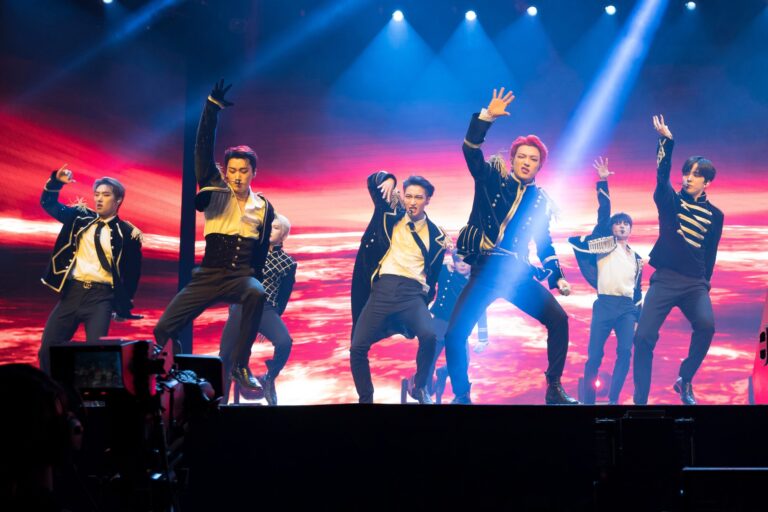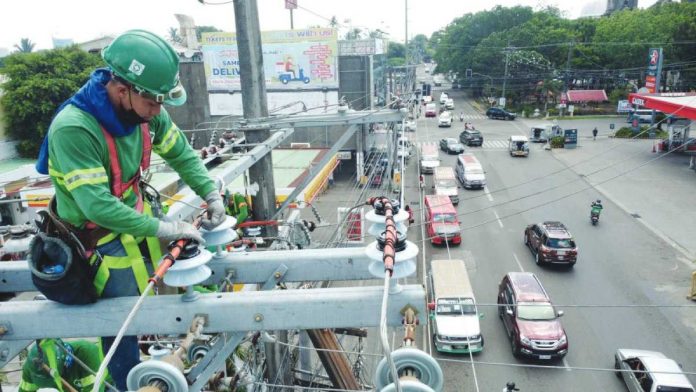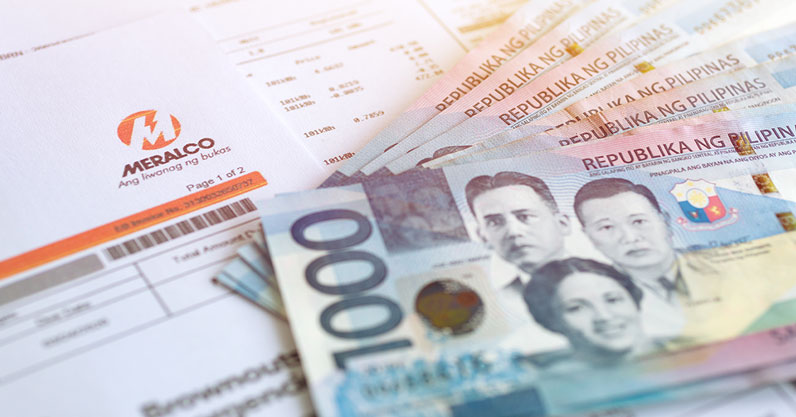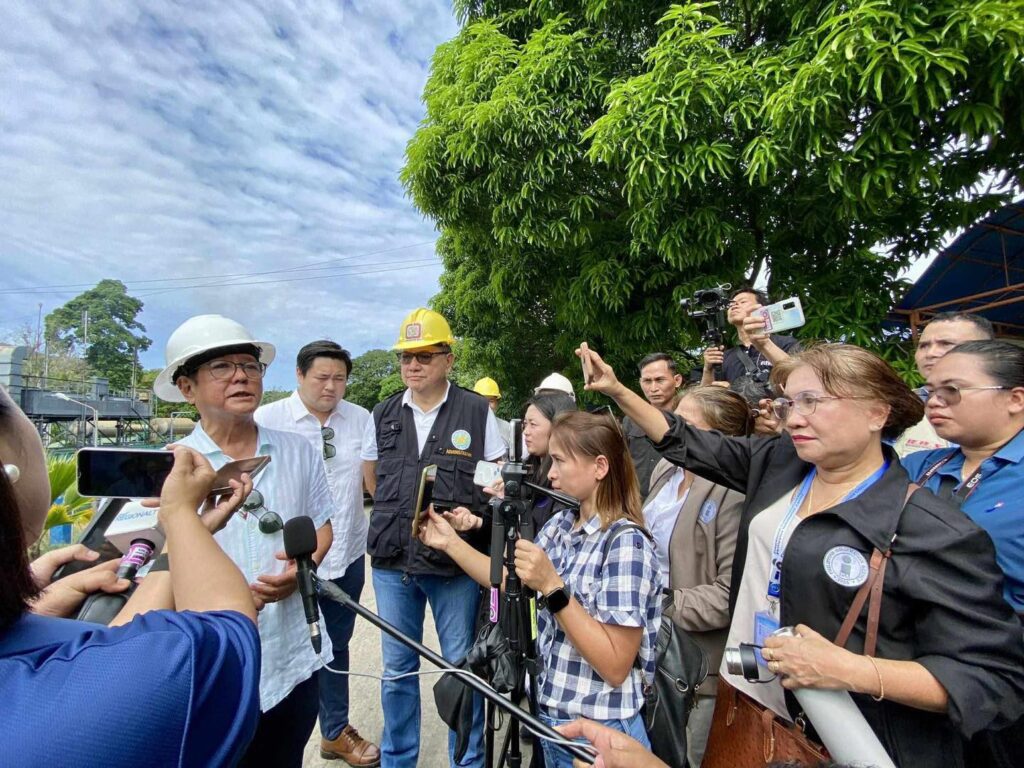South Korea’s Constitutional Court voted unanimously on Friday to uphold the impeachment of President Yoon Suk-yeol, officially removing him from office after a turbulent period that included his controversial declaration of martial law four months ago.
The court’s decision was met with cheers from thousands of rally-goers in Seoul, marking a dramatic downfall for Yoon, who had risen from being a renowned prosecutor to the presidency in just over a year.
Acting Chief Justice Moon Hyung-bae stated that the court’s decision was based on Yoon’s actions related to the martial law declaration, which occurred despite South Korea not facing any immediate security threats. Yoon’s controversial decision led to the deployment of hundreds of soldiers to parliament while opposition lawmakers attempted to block the decree. Although the martial law lasted only six hours, it triggered a political crisis, unsettling financial markets and straining diplomatic relations.
Yoon’s actions were further criticized for violating the constitution by mobilizing military and police forces to “obstruct the exercise of legislative authority,” according to Moon.
As a result of his removal, fresh presidential elections must be held within two months.
In the interim, Acting President Han Duck-soo will lead the country, ensuring that national security, diplomacy, and public order remain intact until the new elections. Han pledged to manage the election process smoothly and in accordance with the law, ensuring a seamless transition to the next administration.
In a statement issued by his defense team, Yoon expressed regret for failing to meet public expectations and called it a “great honor” to serve as president.
While many celebrated the ruling, Yoon’s supporters, gathered outside his residence, expressed their grief, waving South Korean and U.S. flags and chanting slogans.
Moon explained the decision, stating that the constitutional order and the significant consequences of Yoon’s violations necessitated his removal, emphasizing that the benefits of upholding the constitution outweighed the potential harm caused by removing a sitting president.
Without presidential immunity, Yoon now faces a criminal trial for charges related to insurrection.
His party, People Power, accepted the court’s decision, though they expressed regret over the outcome. Lawmaker Kwon Young-se apologized to the public for the situation.
Polling suggests that Lee Jae-myung, leader of the liberal opposition Democratic Party, is an early favorite to succeed Yoon, despite facing his own legal challenges, including corruption trials.




















